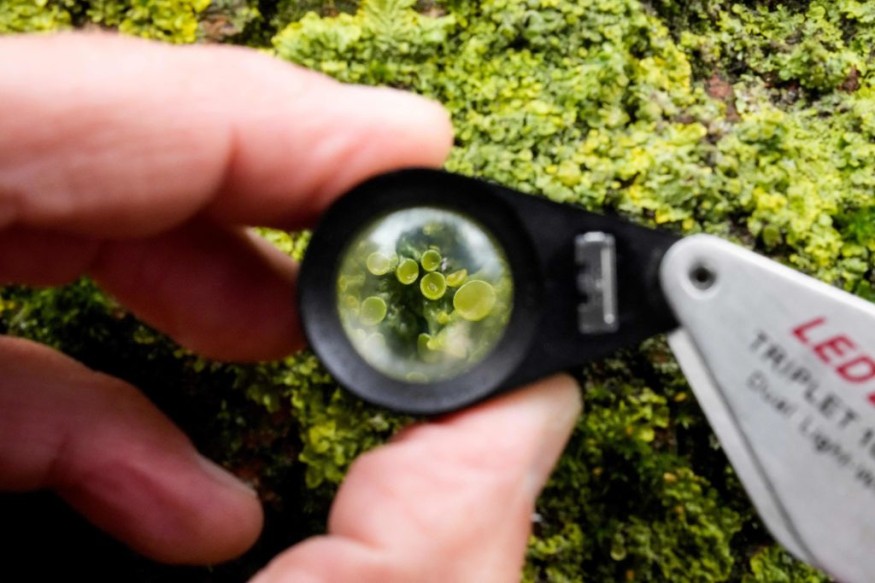As global temperatures steadily rise, our planet may be changing too quickly for some of nature's most expansive organisms to adapt.
Thousands of tiny plant-like creatures may be evolving too slowly to keep up with Earth's changes as the climate crisis continues, according to a new study.
These tiny creatures are algae, something you might imagine floating like a green film above a pond or lake.
Evolutionary changes due to rising temperatures

But when algae combine with fungi, they form colonies of lichens, curly, pale patches that grow on rocks and plants in your garden. And with lichens as a means of transport, algae have the versatile ability to inhabit a wide range of ecosystems around the world, living in everything from arctic tundra to the driest deserts.
According to CNN, Lichens are the predominant vegetation covering 7% of the planet's surface.
Lichens grow a few millimeters per year and can be thousands of years old. Even as the middle part of the lichen begins to decompose and rot, the outer margin will continue to expand like a ring.
But these slow-growing lichens also move at a snail's pace when it comes to evolutionary change: they haven't adapted fast enough to keep up with our planet's pace of change, especially when it warms up.
Matthew Nelsen and his colleagues at the Field Museum in Chicago describe how lichen climate preferences have changed throughout evolution, which Nelsen describes as an "underrated" partner in lichens, and climate change.
They've studied how this affects algae as we face it today.
According to New Scientist, the team focused on the single alga Trebouxia found in about 7,000 lichen species.
For comparison, only about 6400 species of mammals are listed on Earth.
The team collected data on where Trebouxia occurs around the world and recorded the climatic conditions at each location.
The group also used a database of Trebouxia genes to create a global family tree of algae, revealing which forms of algae are ancestors of each other.
Also read: River Basins Tend to Face High Flood Risks as Temperature Increases
Future impacts
Matthew Nelsen said via CNN that "In this study, we set out to learn how rapidly the climate preferences of these algae have evolved over time, and relate them to predictions about future rates of climate change."
As the climate changes, it is not uncommon to see plants or animals emerge from new environments in which they compete with existing species.
This does not mean that the 7,000 Trebouxia algae will simply disappear, but it does indicate that change is imminent.
If the lichen's partner algae begin to die, the fungus may also need to be removed or the algae may need to be moved slowly to another location.
James Lendemer at the New York Botanical Garden said that "The overarching picture of this representing a potentially dire situation is certainly real because we know that lichens are greatly impacted by rapid changes."
Related article: Experts Warn of Severe Consequences as Ocean Temperatures Continue to Rise
© 2025 NatureWorldNews.com All rights reserved. Do not reproduce without permission.





